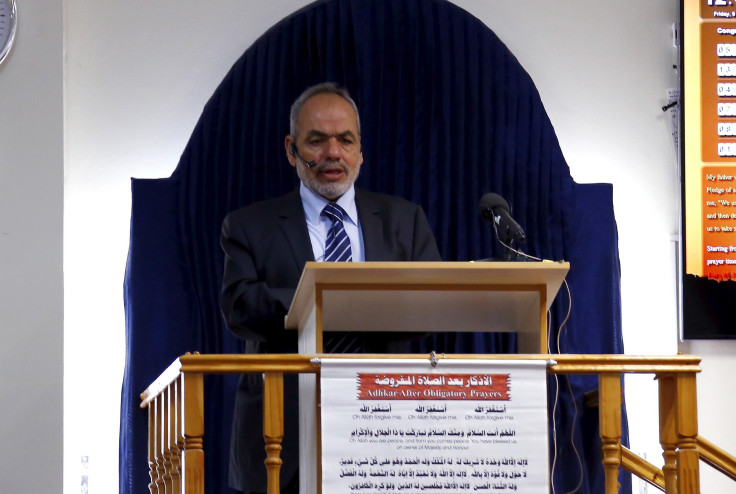Muslim leaders argue over lack of support towards Parramatta Mosque post-shooting

A heated argument between two Muslim leaders moments before an important meeting on the radicalisation of youths in Australia has underlined the differences in opinion within the same community. Neil El-Kadomi, chairman of the Parramatta Mosque argued with Ibrahim Abu Mohammed, the Grand Mufti of Australia, over a perceived lack of community support from the Grand Mufti, said a community leader who was also a part of the meeting on Monday.
The Sydney Morning Herald reports that the argument between the two leaders started just before Premier Mike Baird and Police Commissioner Andrew Scipione entered the meeting.
Kadomi attacked Mohammed over his lack of support during the shooting of police employee Curtis Cheng by 15-year-old Farhad Jabar.
"I was feeling under siege for 14 days, telephone calls, TV cameras, threats to my family, everything and he never came out to ask, 'How are you?'" Kadomi told Fairfax Media. "I had the Anglican Church support me, the United Church support me, one of the Jewish Board of Deputies supported me. I asked the Grand Mufti, 'Where were you hiding?' We need a Mufti who can speak English, who is qualified to be a Mufti.”
Mohammed responded to these moral allegations, saying he would not support the Parramatta Mosque since he knows he cannot expect the same in return from the Mosque, a member of the community said. Mohammed and Kadomi ended their talks by asking each other to “shut up.”
However, there has not been a official response from the Grand Mufti’s office so far, according to Fairfax Media.
Baird and Scipione had met with Muslim leaders on Monday in a high profile meeting to discuss the radicalisation of youth as well as the unrest that has been prevailing within the community following the Parramatta shooting incident.
Contact the writer at feedback@ibtimes.com.au, or let us know what you think below.





















